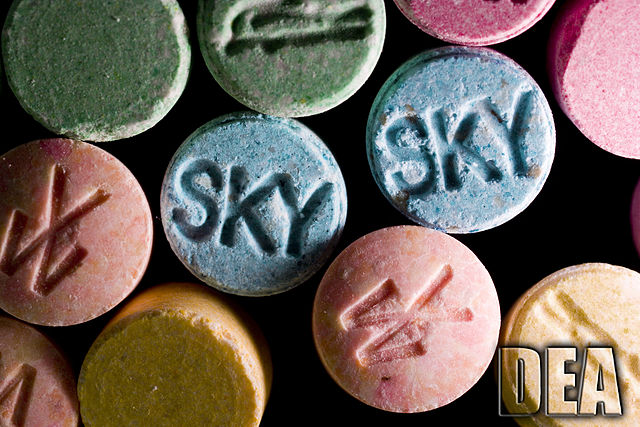Tackling drugs requires harm reduction, not repression


In April, the United Nations is meeting to discuss the worldwide policy on drugs. Junior health minister Martin van Rijn must be urged to forge a different approach, write Dutch MPs Vera Bergkamp (D66) and Marith Volp (Labour).
A war on drugs is no longer compatible with modern times. Big words and repression should be replaced with measures focusing on limiting health risks. Prevention, information and care are the areas international drug policy should be concentrating on. Now that the Netherlands holds the presidency of the EU and junior health minister Martin van Rijn will soon attend a special meeting of the United nations, it is time to promote a different approach to drugs.
In April this year the United Nations is organising the third United Nations General Assembly Special Session (UNGASS) on the world drug problem. During this meeting countries will discuss the measures included in the worldwide policy on drugs. In 1998 the meeting agreed on a roadmap to eliminate drugs: the so-called war on drugs.
Nearly two decades on drugs are still with us and that is hardly surprising. It is impossible to eliminate drugs altogether. And so the question we need to ask is whether the war on drugs, with its emphasis on criminalising drug users, is effective.
Health
D66 and the Labour Party prefer to focus on limiting the effects of drugs on health. For that, a new approach to an international drugs policy is necessary. Ditch the strong language and concentrate on what scientists call ‘harm reduction’, i.e. limiting the damage drugs do.
The present policy on drugs has an enormous social impact. In many countries drug users are regarded as criminals and for this reason many go without the necessary (medical) help.
Drug users who inject are still 28 times more likely to become infected with hiv but only 1 in 10 infected drug users receives medication. Youngsters on drugs are often left to deal with things themselves for lack of a specific policy on the prevention of drug use.
Another aspect is the damage caused to the environment by drug production. And all the while poverty and feelings of hopelessness drive people into the arms of the big drug syndicates and organised crime.
Progressive
The Dutch presidency of the EU and the recent shift in drugs policy in the United States, where several states are introducing progressive drugs policies, open the door to a better common approach. The forthcoming UNGASS conference provides the ideal opportunity to break the current impasse. Junior minister Van Rijn, as the coordinating government representative, would do well to take the lead in making this policy change happen.
We propose that 10% of the current drugs policy budget is invested in limiting the effects on health. This money should not only be used to treat addicts but also to train substance abuse social workers.
Money is also needed to fund programmes for youngsters. In Eastern Europe, 30% of users start using drugs before the age of 15. Apart from providing medical help steps also need to be taken to improve these youngsters’ living conditions.
We ask the junior minister to highlight the vulnerability of those who are at risk of abuse as a result of the present drugs policy. Why not use micro financing to help make people less dependent on criminal organisations or drug syndicates? The time has come to introduce a new, realistic vision aimed at health instead of repression.
This article was published earlier in Trouw
Thank you for donating to DutchNews.nl.
We could not provide the Dutch News service, and keep it free of charge, without the generous support of our readers. Your donations allow us to report on issues you tell us matter, and provide you with a summary of the most important Dutch news each day.
Make a donation